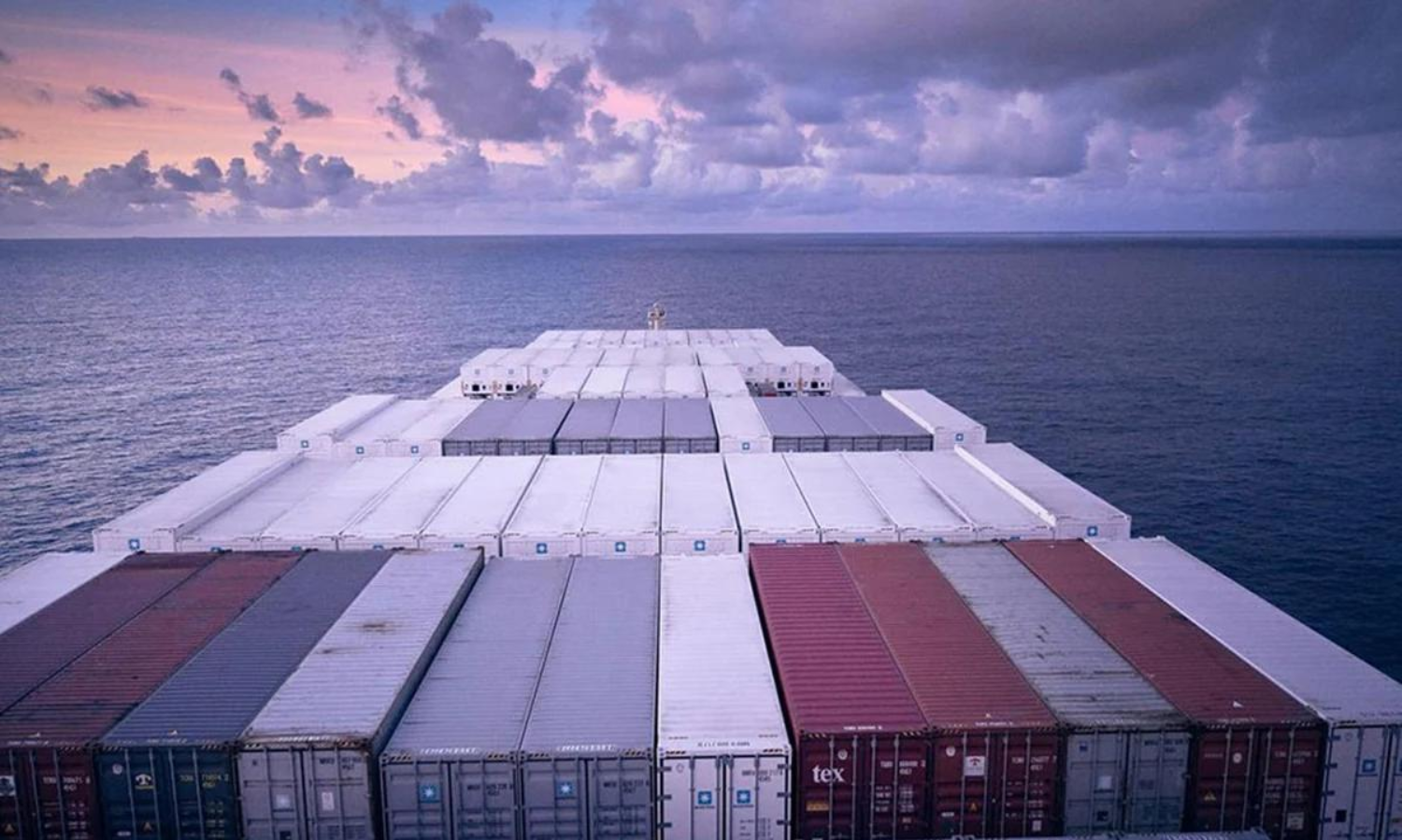Covid pandemic wiped off 24.6mn TEU from container market: BIMCO
"Whether pent-up demand & global growth above trend can help recover part of lost growth remains to be seen."

During the past four years, the container market has faced not only lower-than-expected growth in the global economy but the ratio of market growth vs economic growth, the so-called GDP multiplier, was also substantially lower than normal.
In October 2019, the International Monetary Fund (IMF) forecast that the global economy would grow at an average annual rate of 3.5 percent during 2020-2023, in line with the average annual rate of growth of 3.4 percent seen during the years leading up to the pandemic, says the latest update from BIMCO. "Instead, the global economy ended with an average annual growth rate of only 2.6 percent."
Niels Rasmussen, Chief Shipping Analyst, BIMCO says: “At the same time, the container market grew at an average annual rate of 0.4 percent during the 2020-2023 period, equal to a GDP multiplier of just 0.14. Between 2013 and 2019, the GDP multiplier averaged 1.06. Had this been maintained during 2020-2023, the market would have grown at an average annual rate of 2.7 percent, and the 2023 container market would have ended 16.8 million TEU higher.
“Due to the Covid-19 pandemic, the global container market grew only 1.5 percent from 171 million TEU in 2019 to 173.5 million TEU in 2023. Without the pandemic, that figure would have been 24.6 million higher, landing at 198.1 million in 2023."
The multiplier between regional GDP growth and regional container import volumes was lower than during the 2013-2019 period in all regions, the update added. In the East & Southeast Asia and Europe & Mediterranean regions, the multiplier was negative during 2020-2023 and import container volumes ended lower in 2023 than in 2019. In fact, 11.4 million of the 16.8 million TEU lost due to a lower GDP multiplier was lost in the two regions.
“Had the global economy grown as originally predicted during 2020-2023, and had the GDP multiplier matched the 2013-2019 level, the global container market in 2023 would have been 24.6 million higher. Whether or not pent-up demand, and/or global economic growth above trend, can help recover part of the lost growth in coming years remains to be seen. However, current predictions for growth in the global economy do not indicate a resurgence in growth,” says Rasmussen.


